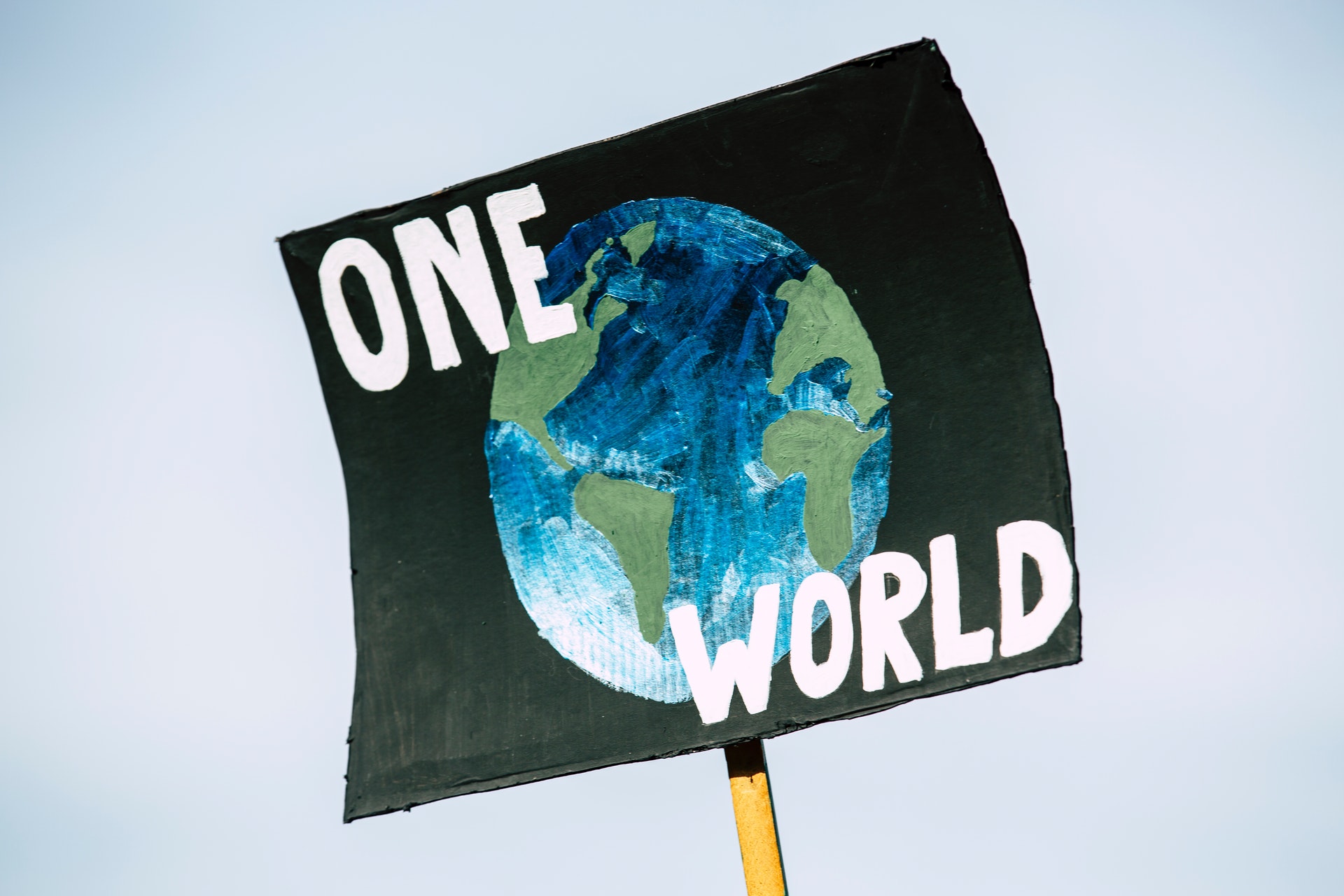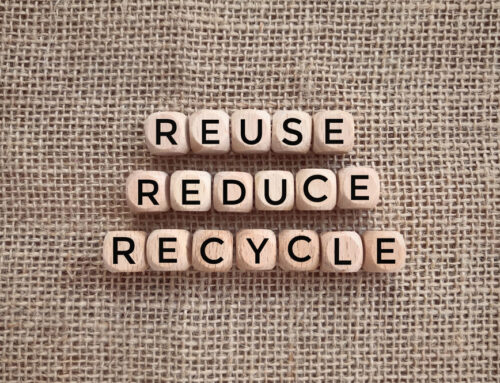Environmental issues are at the front of everyone’s minds at the moment. The COP26 climate summit in Glasgow has laid bare the stark choices facing us – either reduce carbon emissions drastically, or face devastating consequences from global warming within decades.
What is clear is that we all have a role to play. There are big gestures we can make, like switching to an electric car, converting our homes to renewable heat and energy sources, or no longer planning holidays where we have to fly.
But the little things also count – cutting down on our use of single-use plastics, cycling or taking public transport to work. Even our choice of mobile phone makes a difference.
Mobile phones have transformed our lives. But unfortunately, especially in the smartphone era, we have fallen into consumption habits that don’t do the planet any favours. Rapid new release cycles, the great hype created around the release of the latest models, has encouraged people to view their smartphone as a semi-disposable object that needs replacing every couple of years.
That generates a huge amount of waste. According to one estimate from the UN, the equivalent of 9,000 mobile phones are thrown away worldwide every second!
This causes problems for the environment on several levels. First, you have the actual physical waste generated. Discarded smartphones add up to tons of plastic and heavy metals used in their circuit boards. Some of these metals, the likes of lead, mercury and cadmium, are toxic. When unwanted phones are simply dumped in landfill, these substances eventually leach out into the soil and water table, re-entering the food chain and damaging vegetation, animals and people.
Second, there is the issue of what to do with all this waste. Along with other electronic devices such as computers and laptops, many countries now produce so much so-called ‘e-waste’ that they cannot find space in their own landfill sites for it (or don’t want to deal with some of the more dangerous substances). As much as 10 million tons of e-waste gets shipped around the world every year to be landfilled in other countries, usually poorer developing nations. That’s a lot of fuel being burnt to move around discarded electronics.
Getting the most from every phone
A far bigger contributor to the mobile phone industry’s carbon footprint, however, is the fact that, for every handset that gets thrown away, another one has to be made. Almost one and half billion mobile phones are manufactured every year – that’s a lot of factories that have to be powered. In addition, the production process is far from efficient – up to 15kg of metal ore has to be mined and then refined just to produce a single handset.
The big question we have to ask ourselves is, do all of these mobile phones need to be manufactured? Do we need to throw away so many, so soon, with the knock-on effect that has in physical waste, pollution and carbon emissions?
The simple answer is, no. We know without a doubt that the average smartphone will operate far longer than the two or three years after which most people look for a replacement. In the majority of cases, people swap phones for cosmetic reasons or because they want to keep up with what is perceived to be the latest technology, not because their existing phone has reached the end of its operational life.
The fact is, the world is awash with unwanted mobile phones that still have plenty of life left in them. That is why the refurbished phone market has evolved – to repurpose these pre-owned handsets and sell them as a cheaper alternative to expensive new devices.
Consumers have responded enthusiastically. While global sales of new smartphones continue to decline, trade in used and refurbished phones is showing robust double-digit growth.
Not only is a refurbished phone a cheaper option for consumers, it is a greener choice, too. For every refurbished phone bought, that’s one less device going to landfill, and the need for one less smartphone to be made. If the refurbished phone market continues to grow as it has been over the last decade, we’ll see a significant decline in the number of new devices being made, and a significant decline in e-waste volumes.
Choosing a refurbished mobile phone is a small step every one of us can make to reducing our own carbon footprint. But collectively, pivoting the mobile market towards longer device lifespans will have a significant positive impact on the planet.
Start selling refurbished mobile phones
Many retailers and e-tailers are entering the refurbished mobile phone market, not only because demand is rising, but because of the available margins, typically you can expect to make a 30-50% mark up on wholesale prices when you buy from a distributor like Phoenix Cellular, these margins are much higher than selling new devices, so not only are you saving the planet by promoting refurbished devices, you also stand to make a lot more money.
Contact our Trade Team today on +441270 44 99 99 or email them on sales@phoenixcellular.co.uk to find out more.



